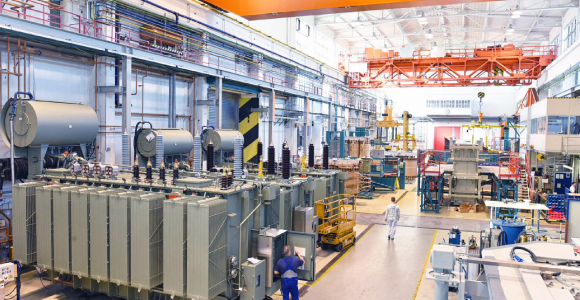Plant and equipment insurance is vital for businesses that utilise heavy machinery and complex equipment in their operations. This specialised form of insurance safeguards against a wide range of risks, providing essential financial protection and supporting business continuity. Here’s a more detailed look at why this insurance is critical:
Comprehensive Protection: The primary role of plant and equipment insurance is to cover the repair or replacement costs of the machinery if it’s damaged or stolen. This coverage is crucial because the cost of repairing or replacing specialised equipment can be substantial. Without insurance, businesses might face significant financial burdens in the event of equipment failure.
- Business Continuity and Minimized Downtime: In industries where equipment is integral to operations, any downtime due to equipment failure can lead to substantial financial losses. This insurance helps mitigate these losses by ensuring the business can quickly recover from such setbacks, thereby maintaining operational continuity.
- Liability Coverage: This insurance often includes liability protection, which is crucial if the equipment causes injury or property damage. In such cases, the business might face lawsuits or compensation claims. Liability coverage within the plant and equipment insurance can protect the business from these potentially ruinous costs.
- Financial Security and Stability: The unpredictability of equipment breakdown or damage can pose a significant financial risk to businesses. Plant and equipment insurance provides a safety net, ensuring unexpected costs do not destabilise the business’s financial health.
- Customization to Specific Business Needs: One of the benefits of this insurance is its ability to be tailored to the specific needs of a business. Different industries and operations have varied risks associated with their equipment. Customisable insurance policies can provide coverage that aligns precisely with these unique requirements.
- Legal and Contractual Compliance: In many cases, having plant and equipment insurance is not just a matter of choice but a requirement. Certain contracts, especially in construction and manufacturing, may stipulate that a business must have this insurance to undertake a project. Additionally, some industry regulations might require businesses to maintain such insurance as part of compliance standards.
- Asset Value Protection: Heavy machinery and equipment often represent a significant business investment. Insurance helps protect the value of these assets, ensuring that their depreciation or loss does not adversely affect the company’s balance sheet.
- Risk Management Strategy: Incorporating plant and equipment insurance into the broader risk management strategy of a business is wise. It complements other forms of insurance and risk mitigation measures, providing a comprehensive shield against various operational risks.
Plant and equipment insurance is not just a protective measure; it is an integral component of strategic business planning, especially for operations that heavily rely on machinery and equipment. This insurance ensures that businesses can face operational challenges with confidence, knowing that they are protected against a spectrum of risks associated with their essential equipment.
To learn more about which contract works insurance is right for you, Contact Lewis Insurance Services on 07 3217 9015 or send us an email by clicking here.
This article was published by our AFSL Licensee, Insurance Advisernet Australia P/L, www.insuranceadviser.net
Disclaimer:
This information and any accompanying material does not consider your personal circumstances as it is of a general nature only. You should not act on the information provided without first obtaining professional financial advice specific to your circumstances and considering the Product Disclosure Statement.

